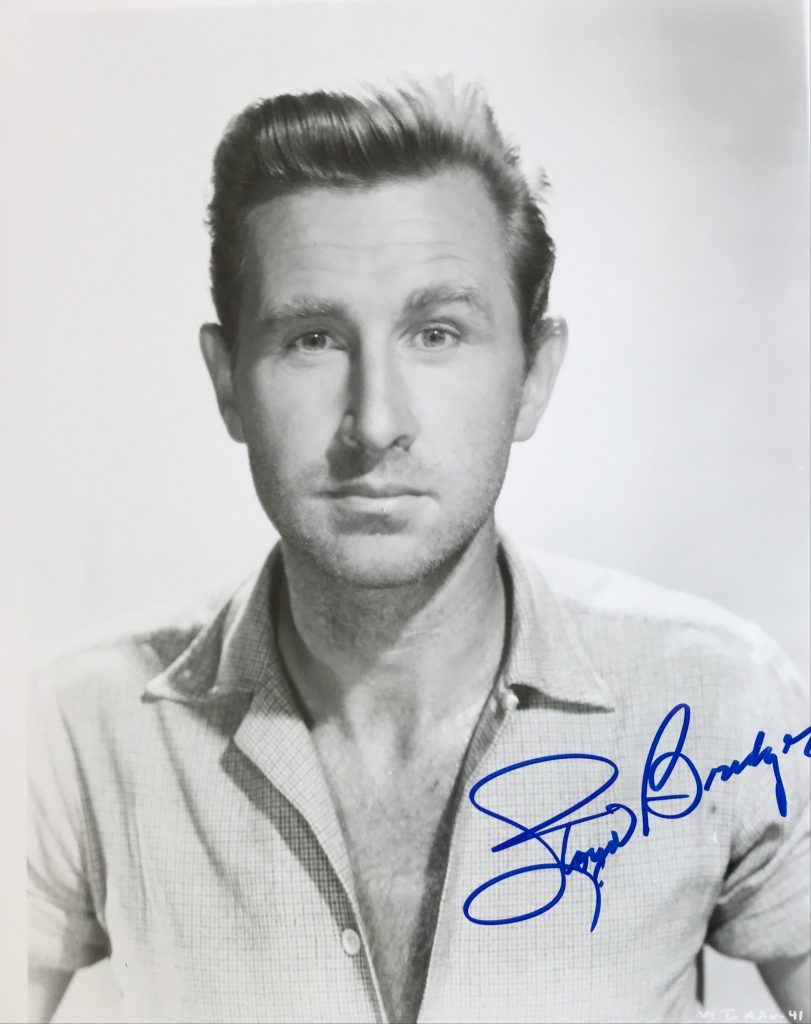
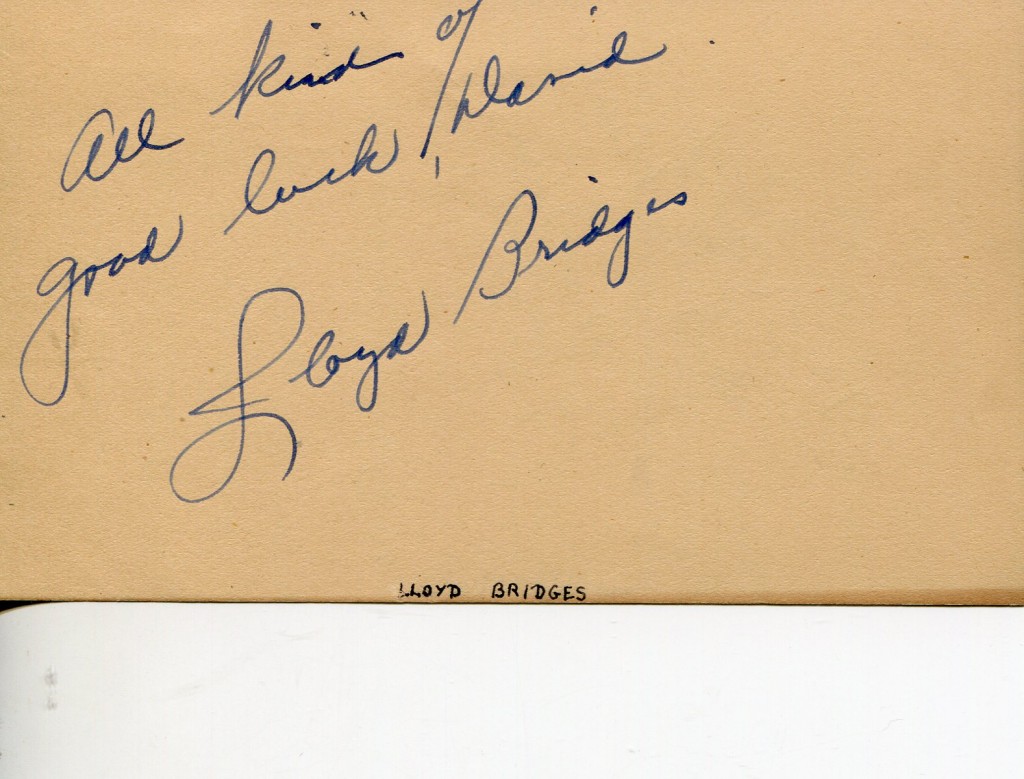
Lloyd Bridge’s obituary in “The Independent” in 1998 by Dick Vosburgh.
After more than 20 years as an actor in theatre and cinema, Lloyd Bridges found international fame as an underwater investigator in the television series Sea Hunt. Twenty-three years later, his career in eclipse, he found new fame by spoofing his own macho image in the film Airplane.
He was then 67, but looked far younger, thanks to regular exercise; he played tennis, skied, jogged, and, of course, swam. Perhaps the reason for the relentless physical regime that kept him looking so lean and virile for more than seven decades is that President William Howard Taft once presented him with a trophy for being America’s Fattest Baby.
Bridges wasn’t the first actor in his family; his father, Lloyd Bridges, Senior, had played in silent films. While studying political science at UCLA, Lloyd Jnr joined the University Dramatic Society and appeared in classic and contemporary plays. After graduating, he acted in various stock companies, and toured in a production of The Taming of the Shrew before braving New York. After two uneventful years, he and some actor friends formed “The Playroom Club”, one of the first off-Broadway theatre companies. Bridges made his Broadway debut as an extra in a production of Othello (1937), co-starring Walter Huston and Brian Aherne, and had better roles in Cocteau’s The Infernal Machine (1937) and Eugene O’Neill’s Susannah and the Elders (1940). Spotted by the film executive Sidney Buchman, he was signed to a contract with Columbia Pictures at $75 a week.
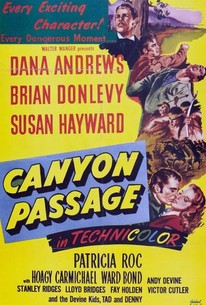
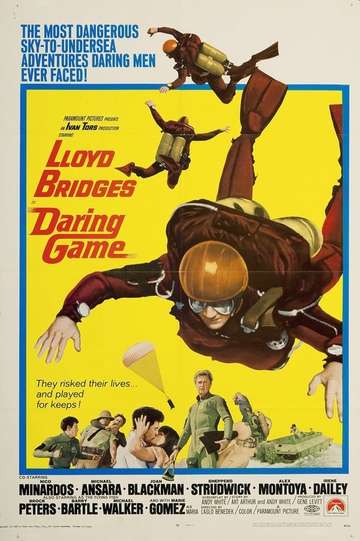
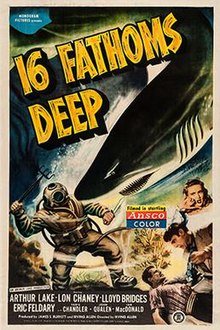
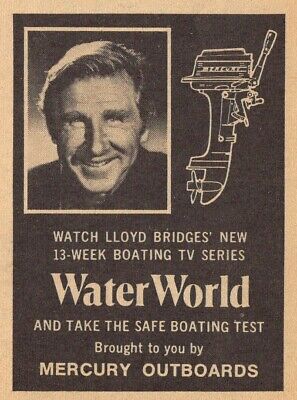
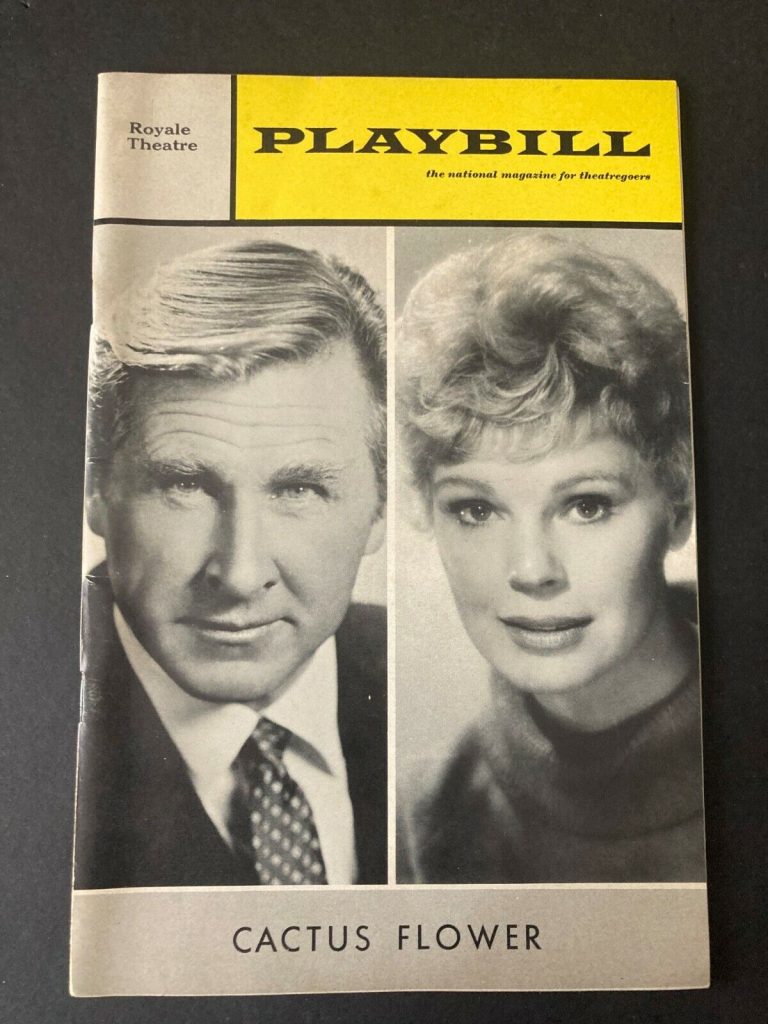
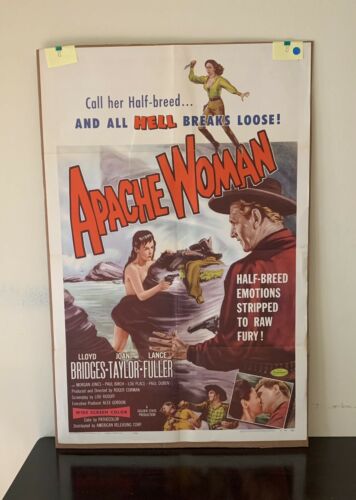
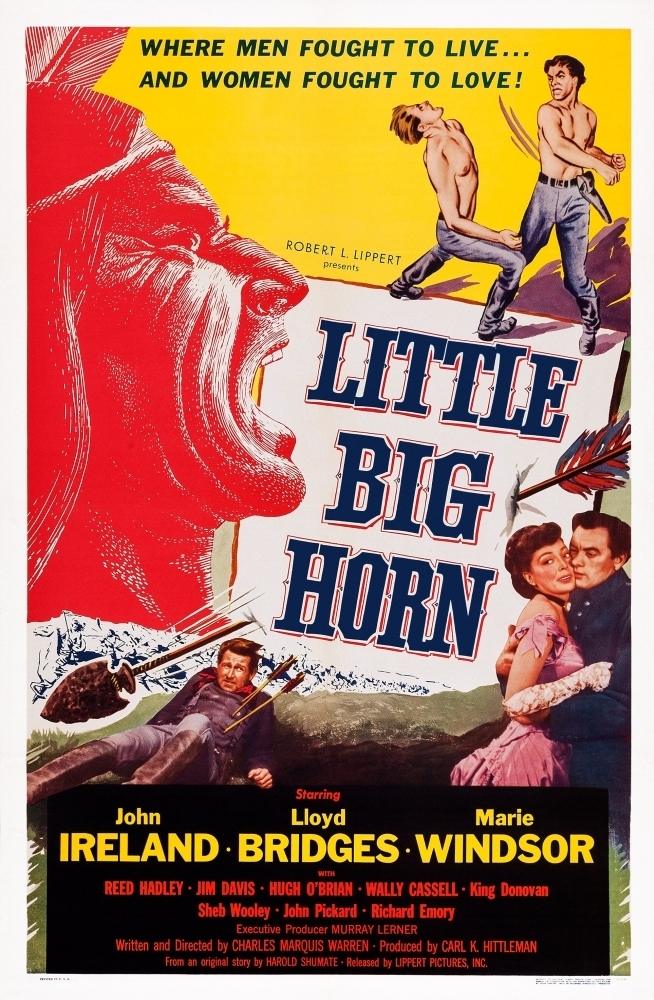
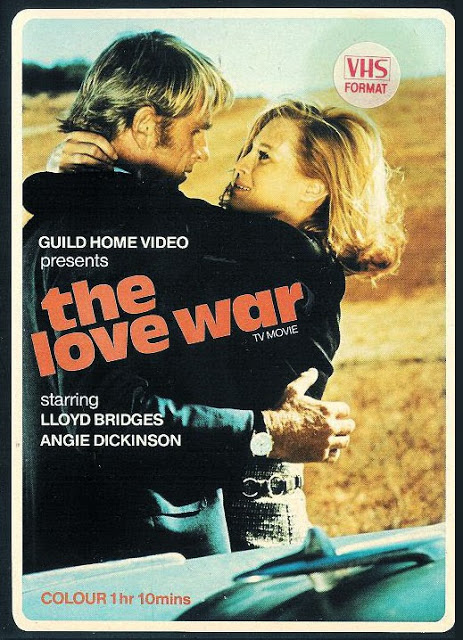
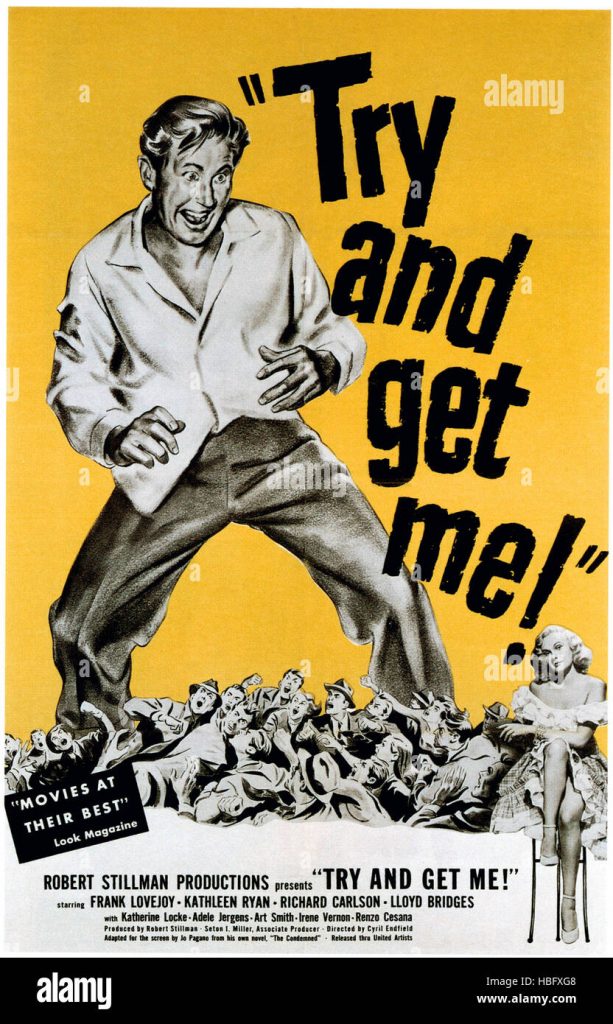
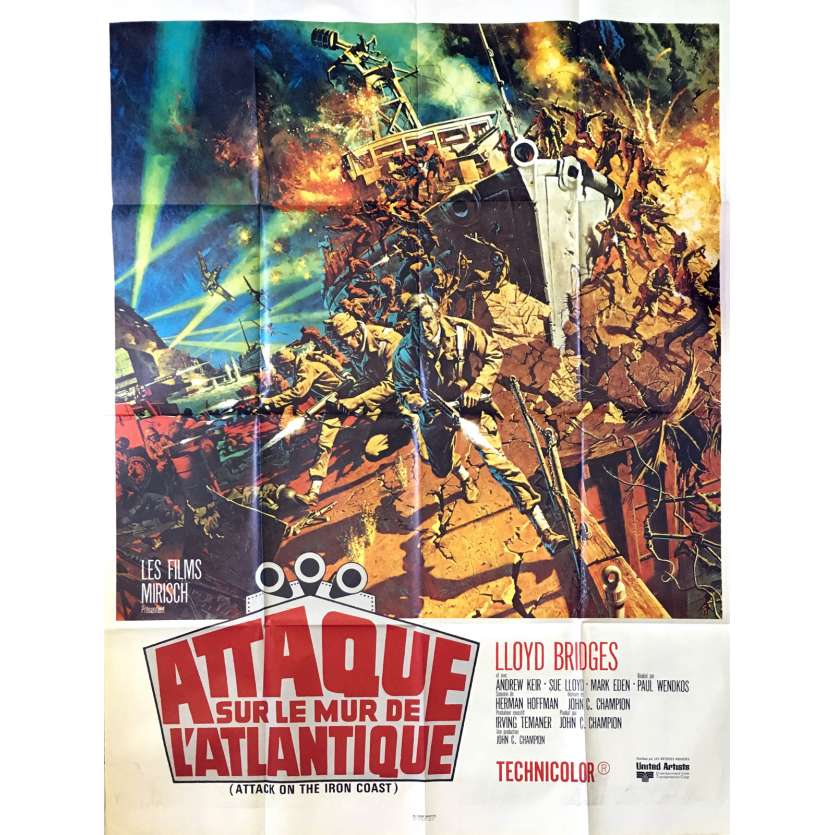
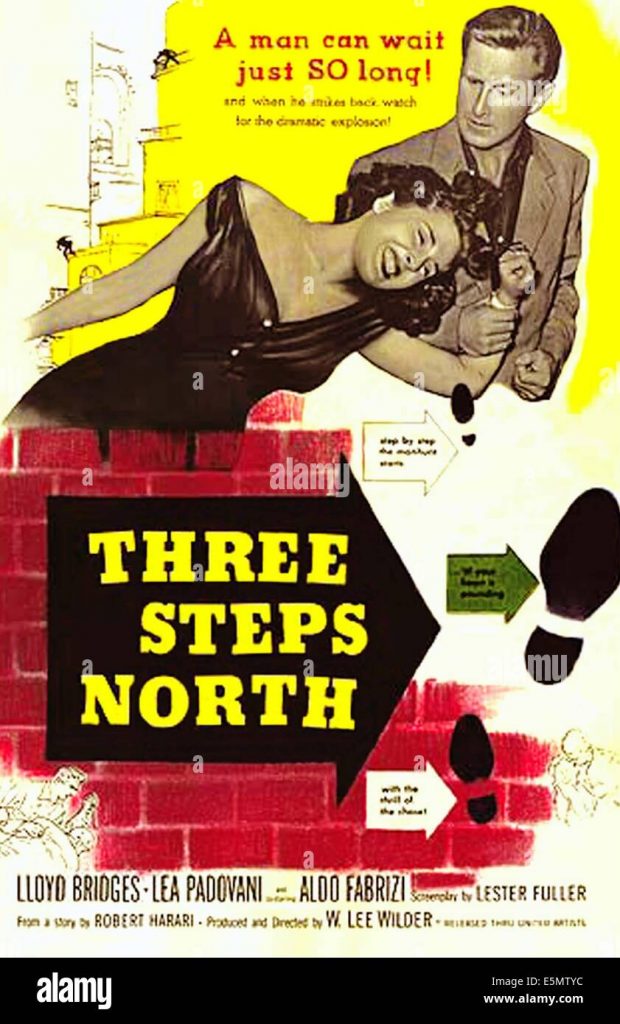
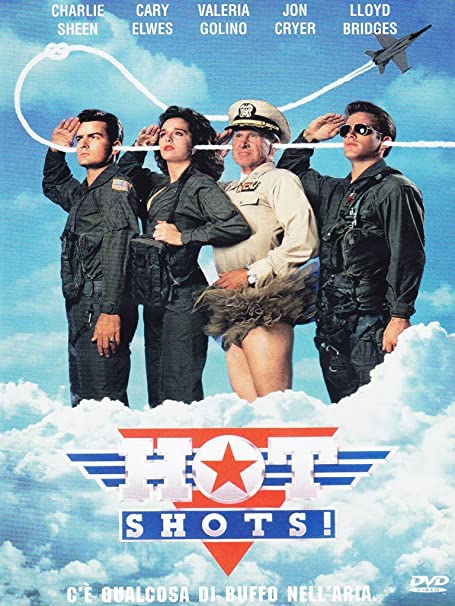
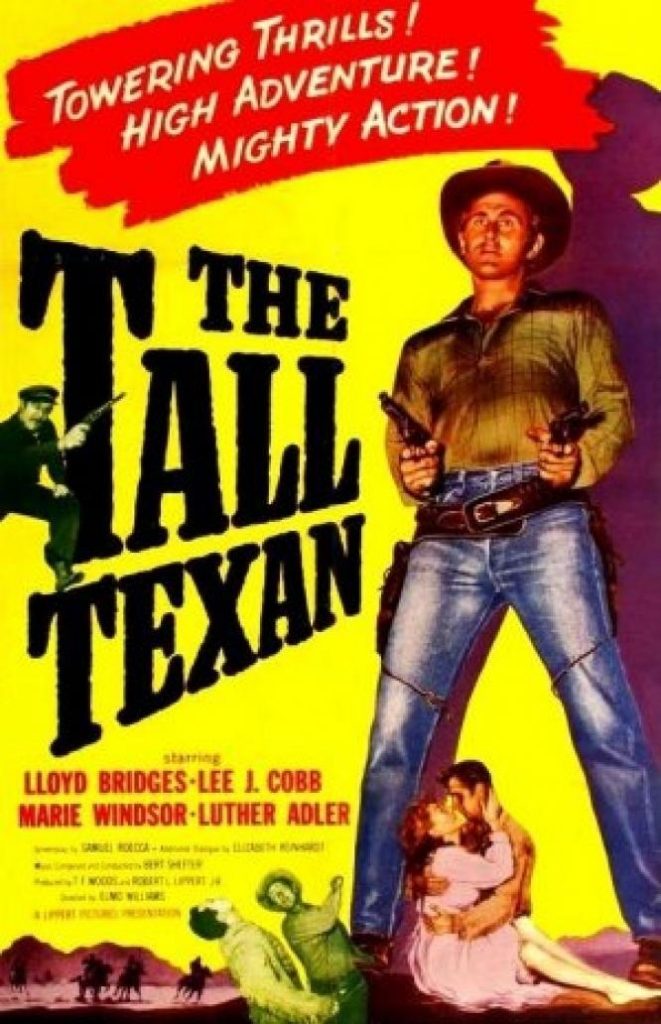
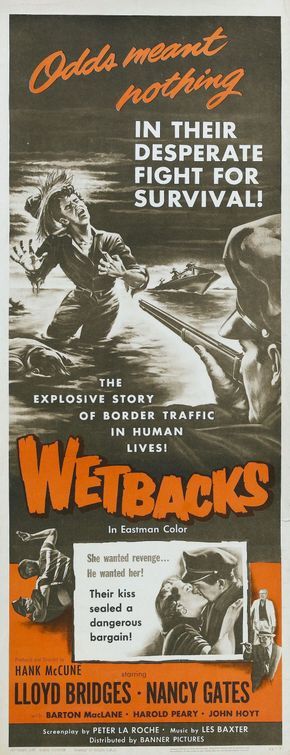
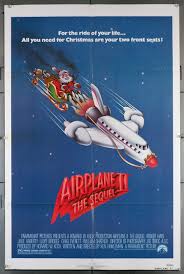
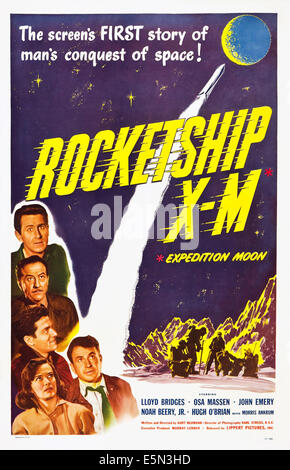
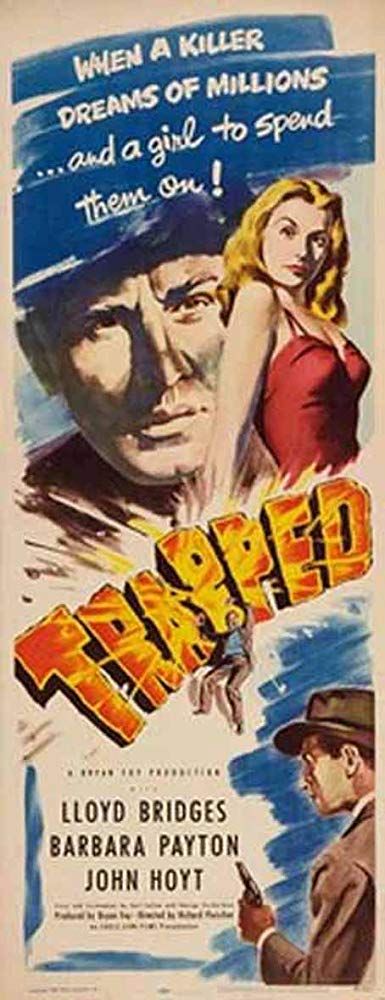
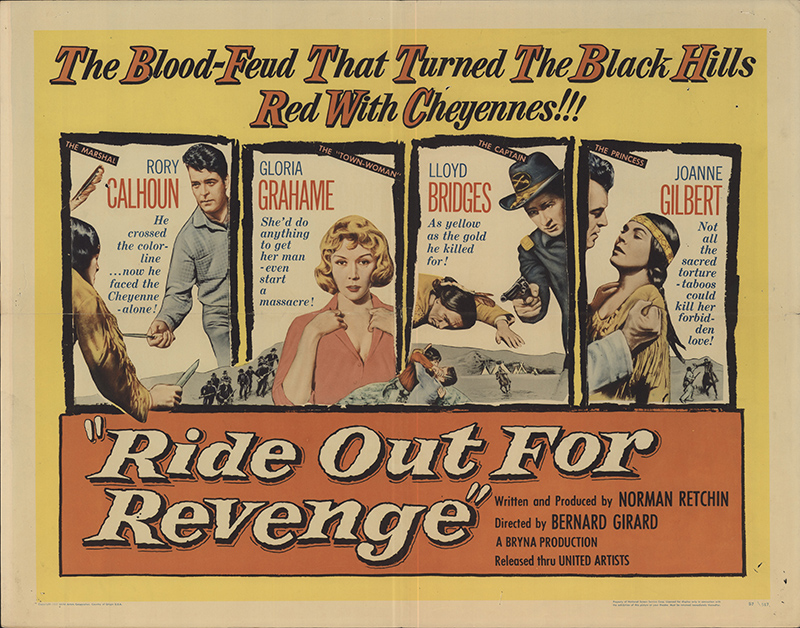
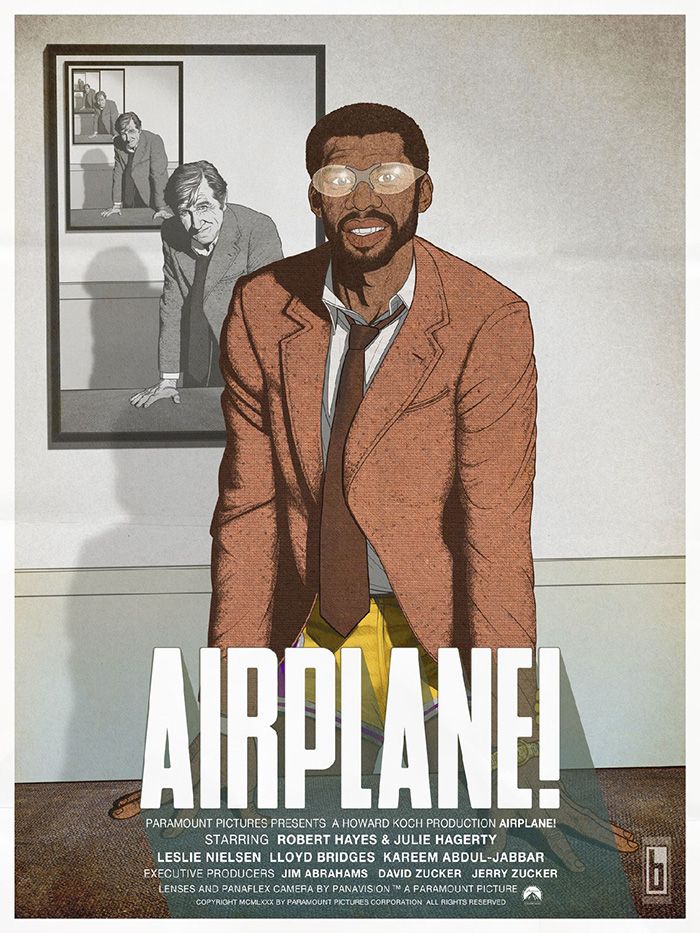
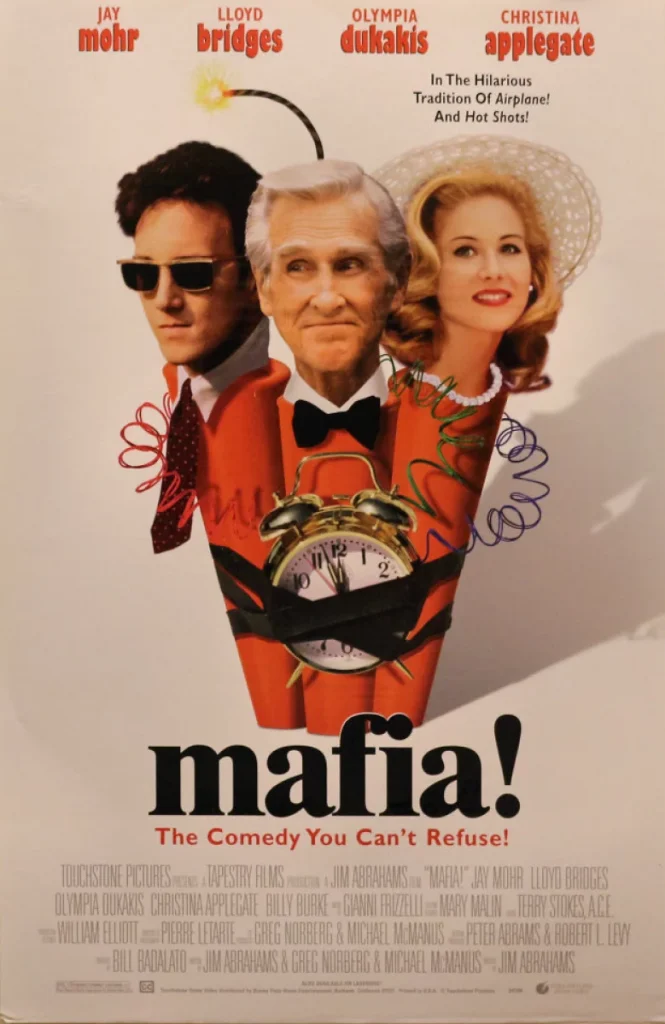
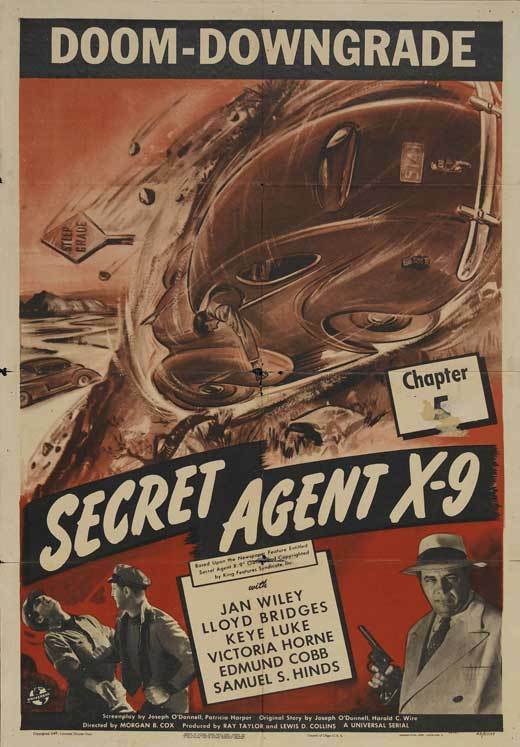
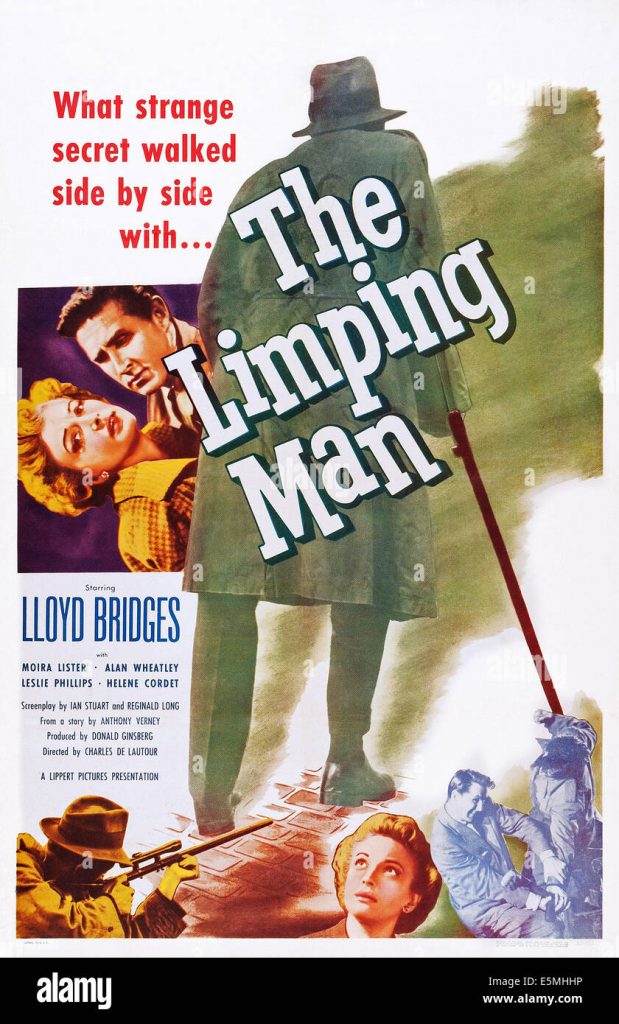
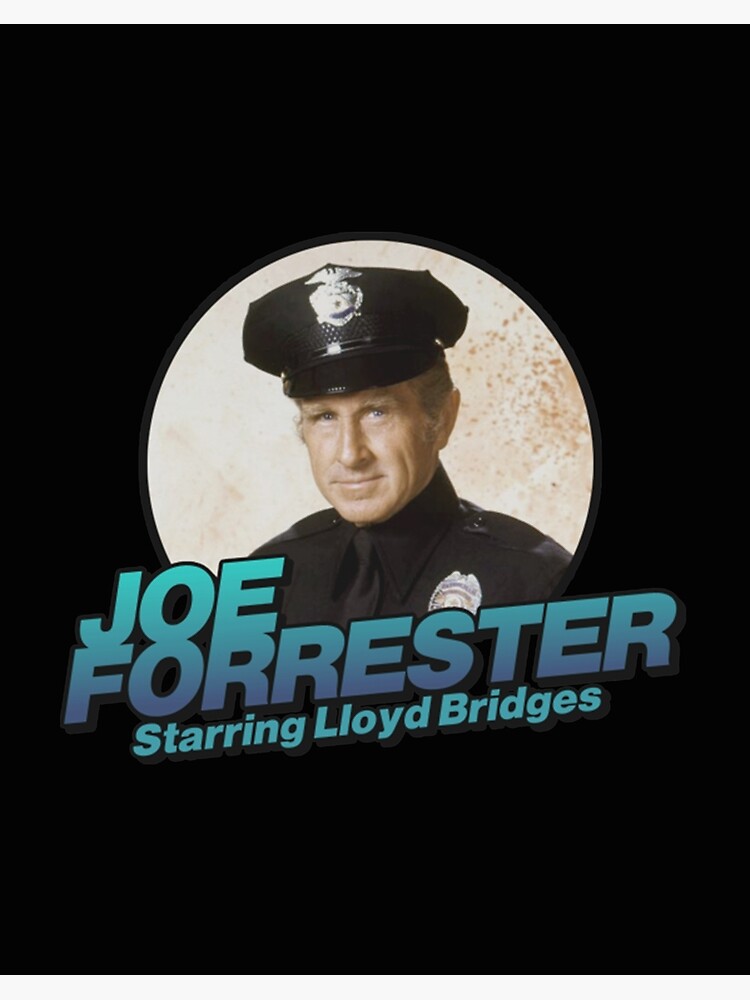
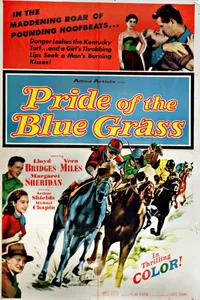
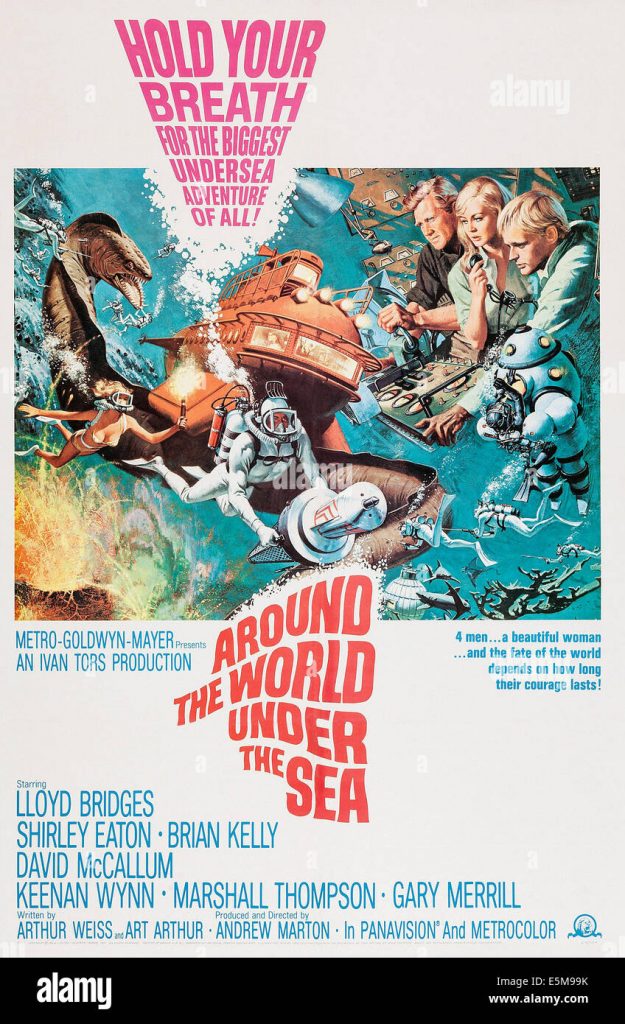
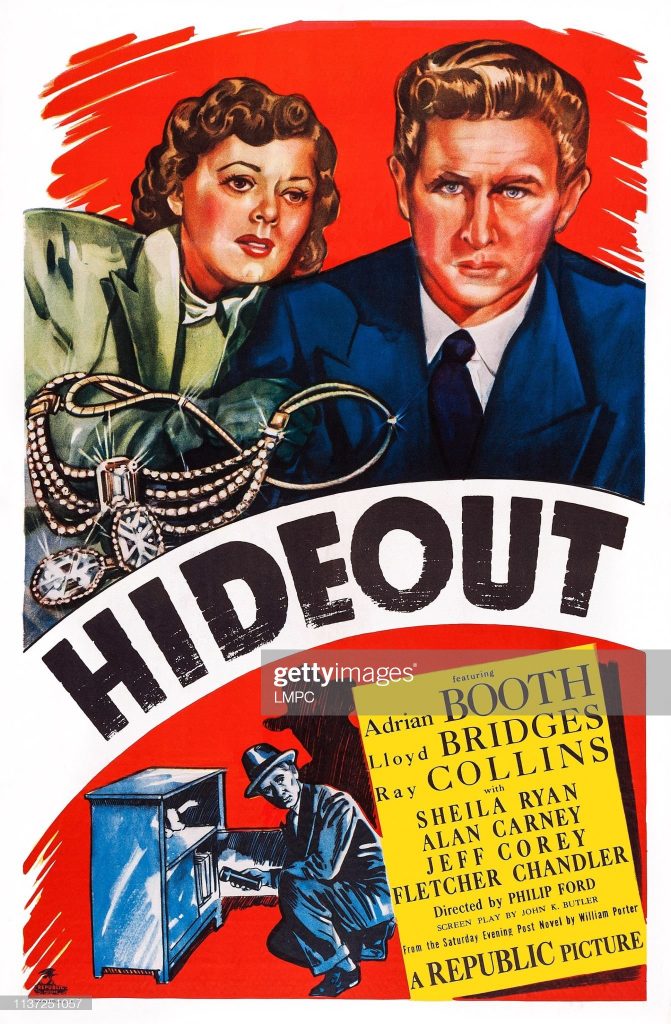
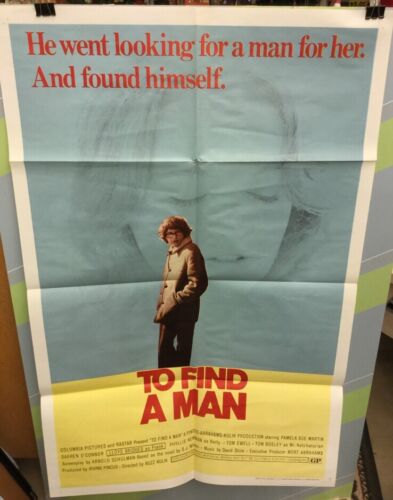
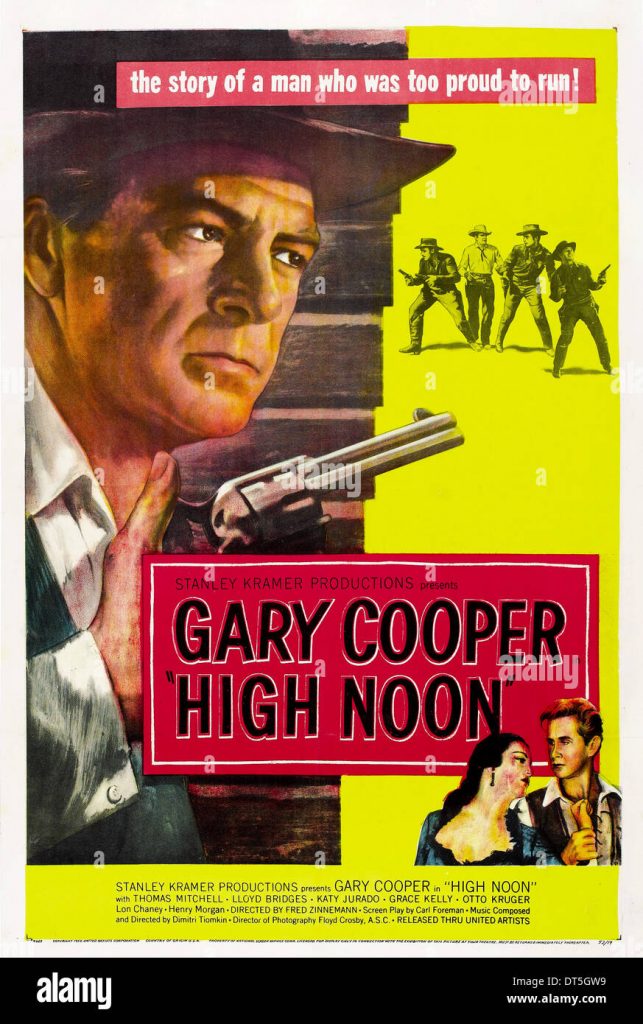
His first film was The Lone Wolf Takes a Chance (1941), one of a long series of Lone Wolf “B” features churned out by Columbia. The studio had other series, of course, and Bridges appeared in most of them; in Blondie Goes to College (1942), Alias Boston Blackie (also 1942) and The Crime Doctor’s Strangest Case (1943), as well as in slapstick two-reelers, a serial, and such “A” features as Here Comes Mr Jordan (1941), The Talk of the Town (1942), The Commandos Strike at Dawn (1943) and Sahara (1943). In his four years at the studio, he made more than 45 films.
“To get their money’s worth out of me, they’d put me in two or three pictures a week,” Bridges recalled. “As a result, I worked with a lot of stars like Ronald Colman, Cary Grant, Paul Muni and Humphrey Bogart. They were real stars.”
The turning-point in his career came after he left Columbia and appeared in Lewis Milestone’s A Walk in the Sun (1945), one of the few Hollywood films about the Second World War that had any distinction. The same war formed the background of Home of the Brave (1949), one of the first liberal films on the subject of colour prejudice. It was the story of an African- American GI (James Edwards), who, on a Japanese-held atoll in the South Pacific, suffered psychological paralysis after the death of Bridges, his fellow soldier and only friend. Bridges also scored as an arrogant ex-Nazi army officer in The White Tower (1950) and as Gary Cooper’s treacherous deputy in High Noon (1952).
That same year, he appeared with Lee J. Cobb in another western, The Tall Texan. In June 1953, Cobb testified to the House Committee on Un- American Activities that Bridges was once a Communist. The resultant dip in his career took Bridges back to Broadway, where he appeared in the play Dead Pigeon (1953), but the production itself was dead in three weeks. What film work came his way was of a minor nature until 1956, when he played Katharine Hepburn’s mean-spirited brother in The Rainmaker (1956).
Because he had once seen him play a sponge-diver in a minor movie called 16 Fathoms Deep (1948), the television producer Ivan Tors offered Bridges the role of the subaqueous Mike Nelson in Sea Hunt. The series was turned down by every American network, in the belief that a weekly undersea adventure show would soon run out of story ideas. They were proved resoundingly wrong; Sea Hunt ran in syndication from 1957 to 1961, notching up 156 episodes, and making Bridges into a household name. He also directed some segments of Sea Hunt, and his daughter Lucinda, as well as his now famous sons Jeff and Beau, appeared in the show.
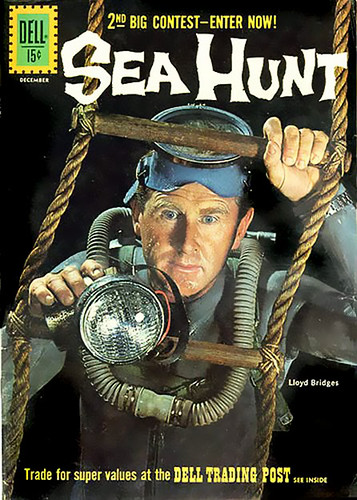
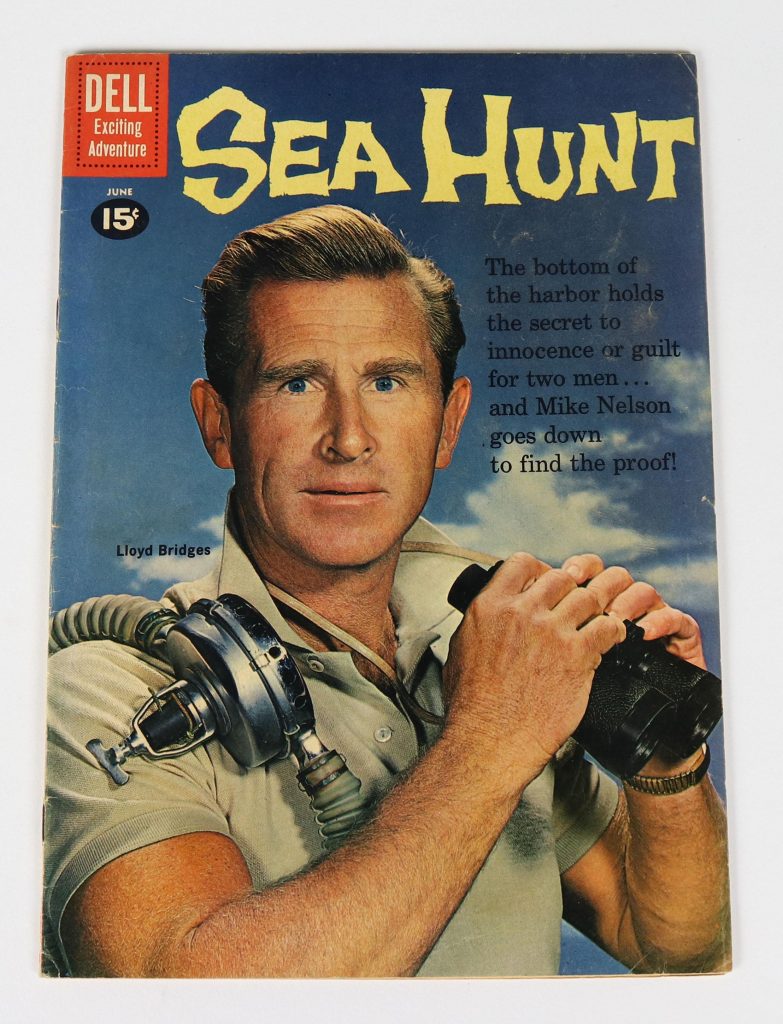
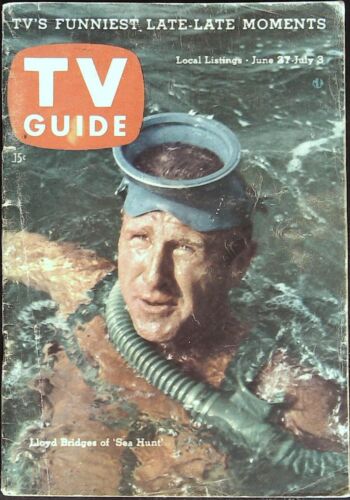
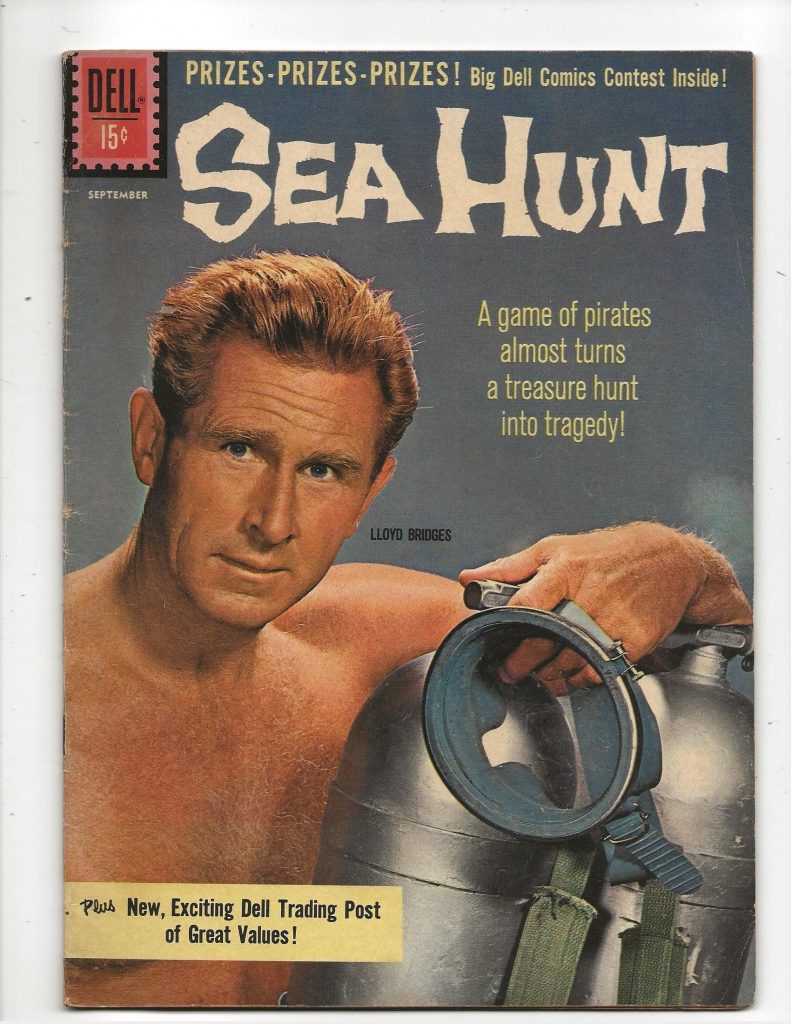
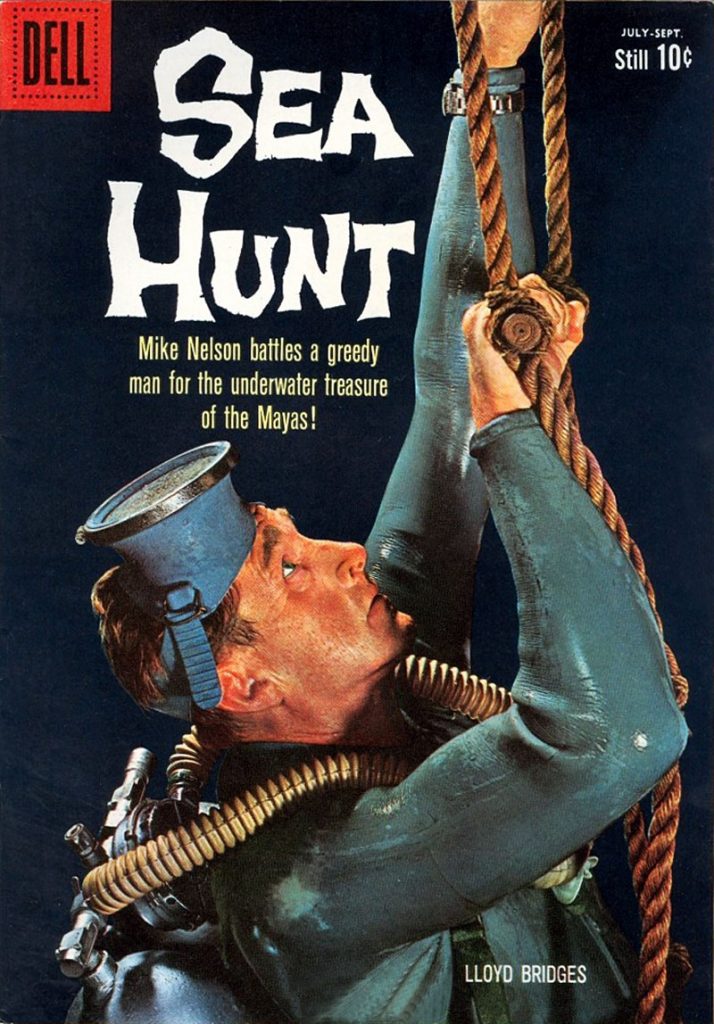
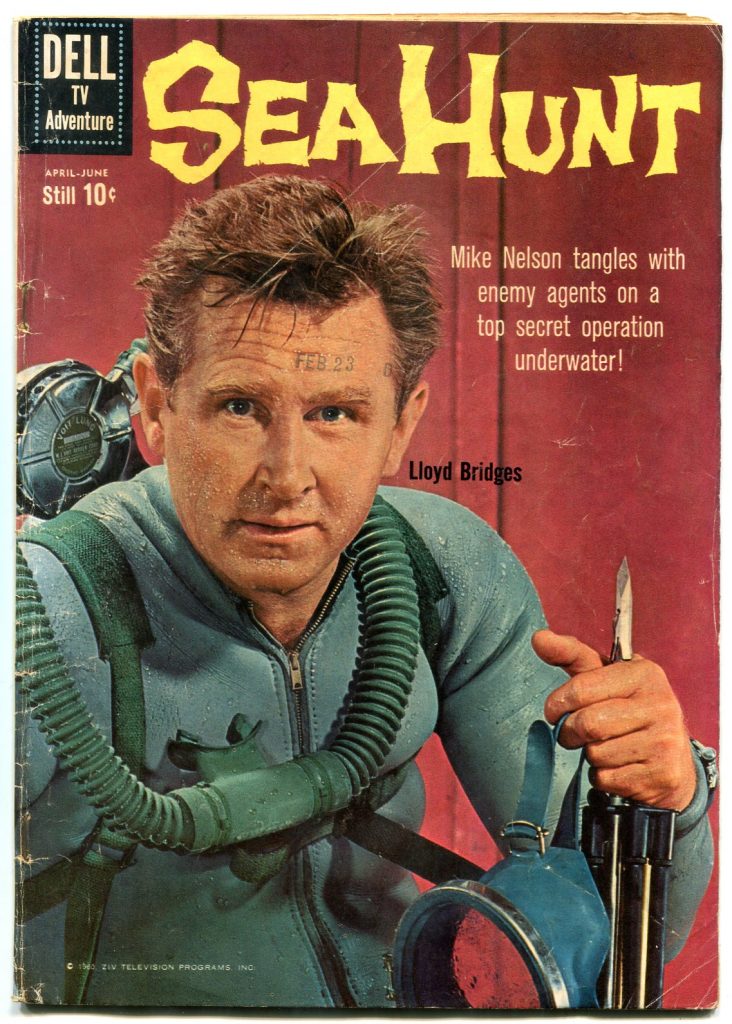
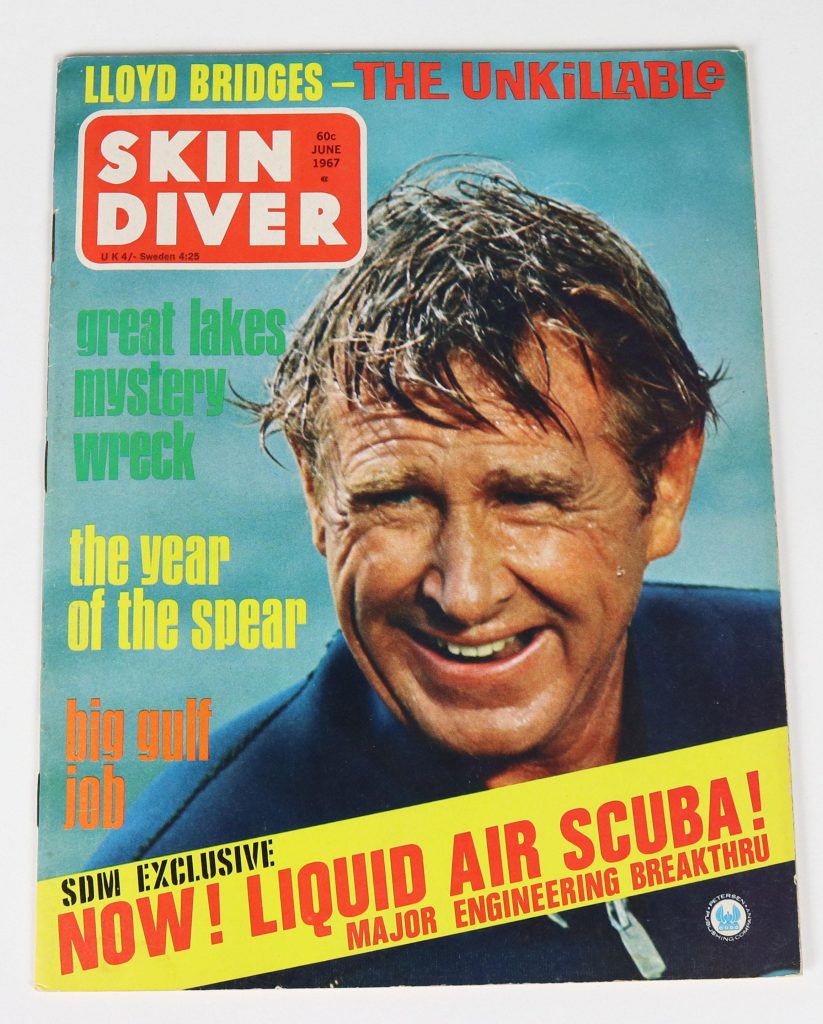
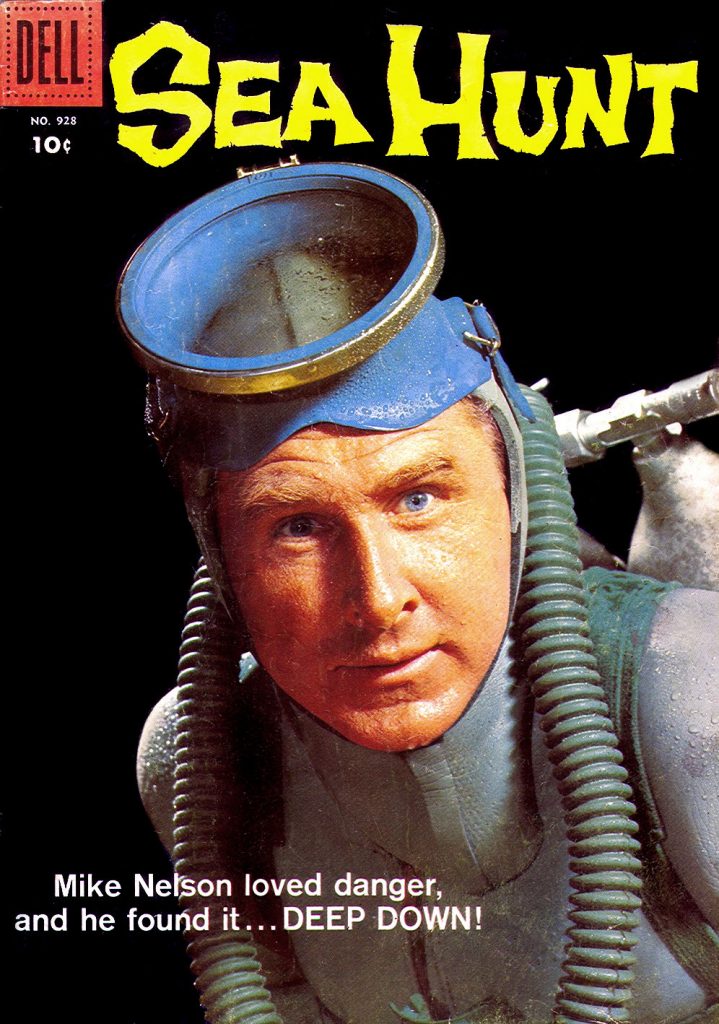
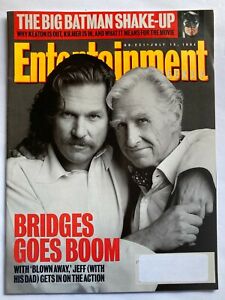
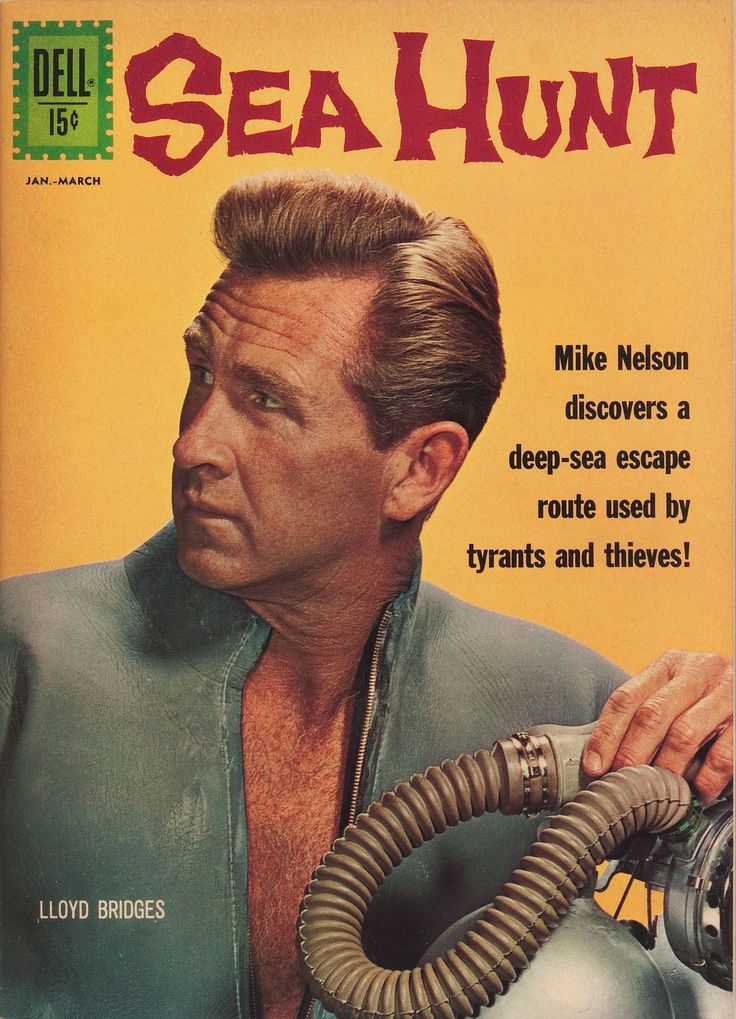
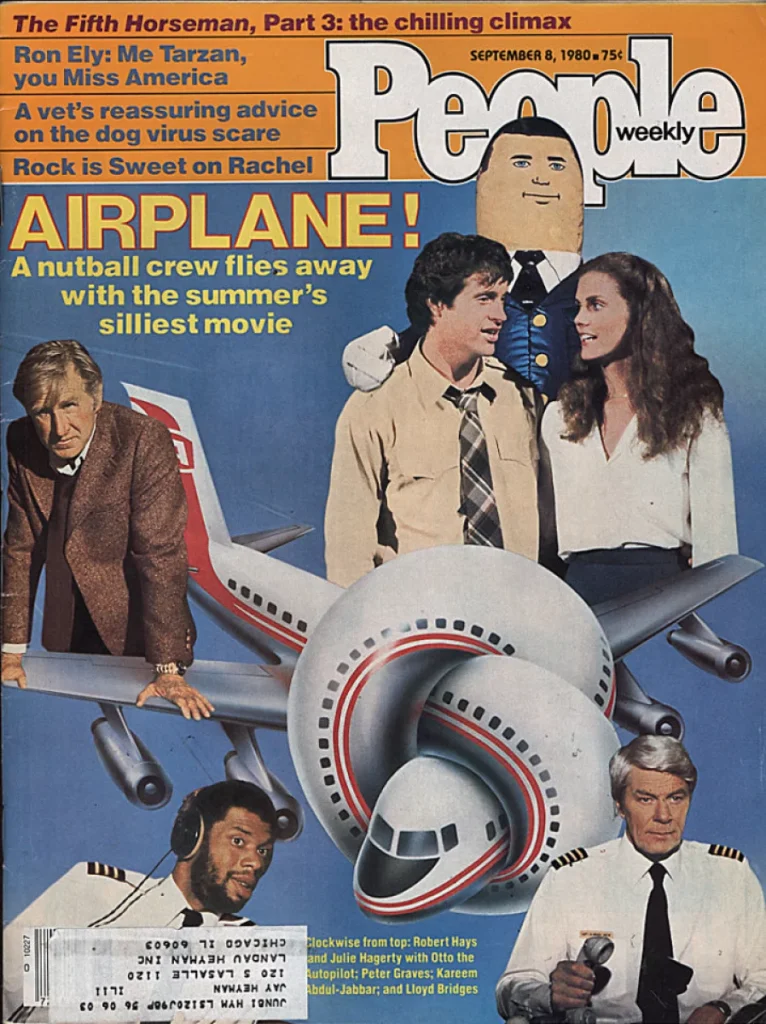
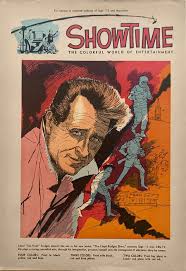
Although he made occasional films such as Around the World Under the Sea and Attack on the Iron Coast (both 1968), most of Bridges’s post-Sea Hunt roles now came from television; he played a freelance journalist in The Lloyd Bridges Show (1962-63), a disillusioned ex- cavalry officer in the western series The Loner (1965-66), and starred in many small-budget television movies. In 1974, the magazine Film Dope, while recognising that Bridges’s acting potential was stronger than ever, wrote that television quickies were “now his staple diet, but what else can be expected from somebody who has voluntarily spent the last 15 years of his screen career underwater, being upstaged by various sharks and octopi?”
Six years, and many TV quickies later, Bridges’s career was given a surprise shot in the arm by Airplane, the outrageous lampoon of air disaster films, in which he played McCroskey, the harried air-traffic controller. “What a week to give up smoking!” he cried, filling his lungs with tobacco fumes. As tension mounted, McCroskey declared it was an equally inappropriate week to give up drinking, and, finally, glue- sniffing, each time abusing his system appropriately.
Airplane was written and directed by Jim Abrahams, David Zucker and Jerry Zucker. Abrahams directed and co-wrote Hot Shots! (1991), in which Bridges managed to top his McCroskey performance as mad Admiral “Tug” Benson, who made his entrance stepping confidently off a 727 before the steps had been rolled out, and plummeting, still saluting, on to the tarmac. Later, in this frenzied parody of Top Gun, he told his young pilots: “I’ve personally flown over 194 missions, and I was shot down on every one. I’ve never landed a plane in my life!”
Two years later, the sequel, Hot Shots! Part Deux, revealed that “Tug” Benson had left the navy and become the President of the United States. Even more demented than before, Benson greeted Charlie Sheen with a warm: “You’re the son I never had. No wonder I didn’t recognise you.” Christopher Tookey wrote in the Daily Mail: “The best thing in the movie is veteran actor Lloyd Bridges.”
He appeared with his son Beau in the television series Harts of the West (1993), and with his son Jeff in Blown Away (1994). “I play Jeff’s father-figure,” he told an interviewer. “Which obviously didn’t require much method acting.”
Lloyd Vernet Bridges, actor: born San Leandro, California 15 January 1913; married 1938 Dorothy Simpson (two sons, one daughter); died Los Angeles 10 March 1998.

